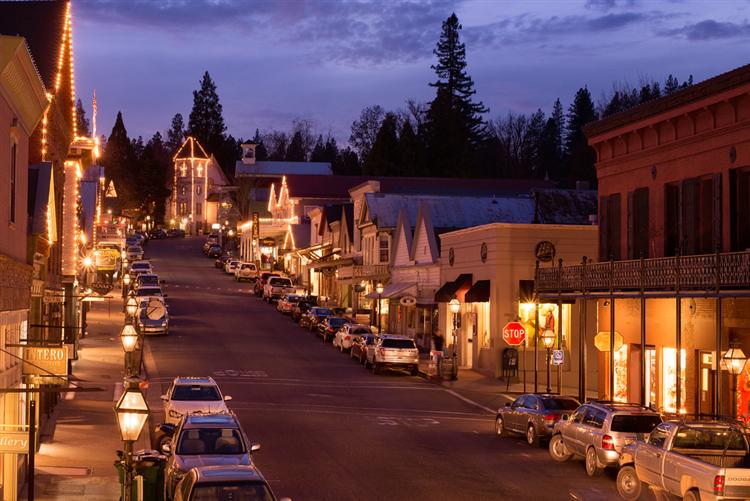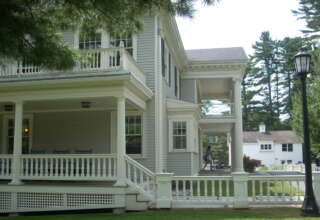
During the formative years of North American democracy (1830s), an observant historian from France, Alexander de Tocqueville, wrote about “Habits of the Health” that exemplified the best of North American communities. This term, “habits of the heart”, was used more recently (1985) by Robert Bellah and his colleagues in their own examination of North American communities.
The Conditions for Habits of the Heart in North American Communities
What conditions seemed to reside at the heart of North American communities (and North American democracy) in 1831. According to de Tocqueville, these are:
1. Equality of opportunity, knowledge and status exist in the community
2. Settings exist in the community for vivid and sustained dialogue
3. Shared interests and reasons of mutual support are to be found in the community
4. Civic associations (non-government community-oriented institutions) are prevalent in the community
5. Emphasis is placed on useful action within the community
6. Emphasis is placed on experience-based action within the community
7. Abiding belief is to be found in the community with regard to human progress and a sense of greater purpose in life
The first four of these conditions might be identified as “habits of the collective heart”, while the last three could be clustered together as “habits of the personal heart.”
Are these conditions still to be found in North American communities? Given the deep polarization that seems to exist now in North American society, can there still be the habits of the collective and personal heart that de Tocqueville identified and celebrated more than 180 years ago? With North American citizens living and working in isolation from one another, how do they effectively address the diverse and critical challenges of their 21st Century communities—ranging from the pollution of local estuaries to decline in the local economy, and from the absence of affordable housing and affordable theater to the health care demands of a graying population? Can North American democracy somehow survive in our contemporary communities?
We believe that all is not lost. There are communities in 21st Century America where the habit of the personal and collective heart are still to be found in abundance. – where de Tocqueville’s North American still exists. As was found by de Tocqueville in the 1830s, much of the distinctive North American spirit of democracy is to be found not in the big cities, but in small and often remote communities. In many ways, these are “island communities”—not because they are surrounded by water (though some are), but because they are surrounded by land that is sparsely populated. These island communities are usually reached not by boat, but rather by automobile, train or airplane—or even more often today by digital forms of communication.








